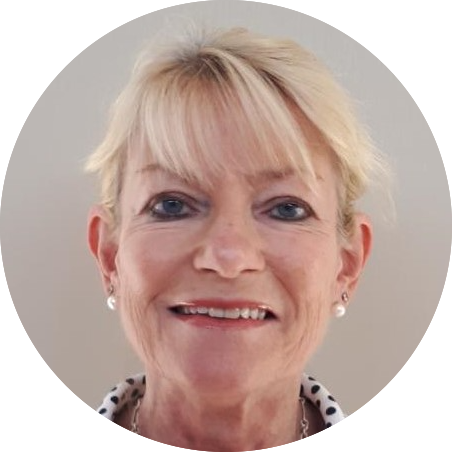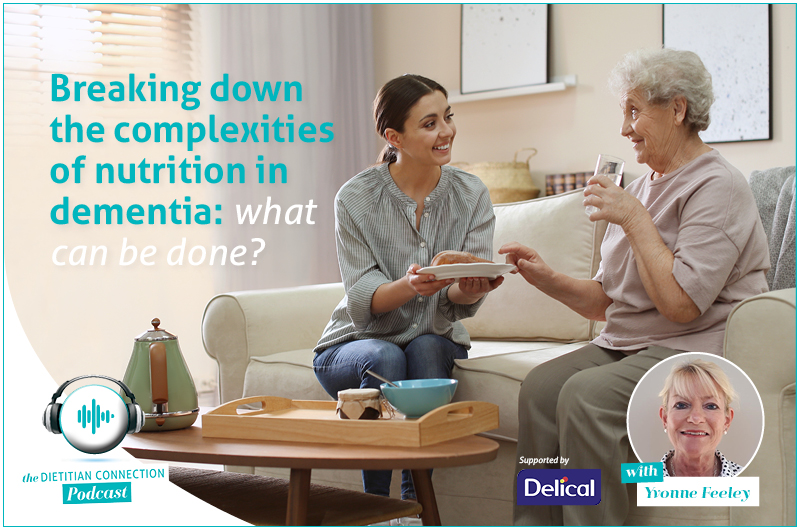Did you know the exact number of people living with dementia and how many are undernourished is unknown? Tune into this intriguing conversation with Accredited Practising Dietitian Yvonne Feeley who estimates from her experience more than half of those living with dementia in residential aged care are malnourished. We explore the associated difficulties dementia residents experience when it comes to food and eating, practical tips that address when, what and how food is offered to overcome barriers to eating and the seemingly simple but overlooked role of nutrition education. Plus, Yvonne explores the link between functional decline, poor nutrition and cognitive decline.
Biography

Yvonne Feeley has been a Clinical Dietitian for many years, and has had the opportunity to work in a variety of clinical areas and settings. Yvonne has a passion for working with the aged care population, and is encouraged by the increased focus on improving the nutrition and health of the aged. She represented the Dietetics profession as a member of the Dietitian’s Association (DA) Working Party which developed the report submitted to the Royal Commission, and which informed the subsequent opportunity for the DA to present at the Royal Commission hearings. In her current role, Yvonne is the National Manager – Dietetics for Food Solutions Diet Consultants, working with a team who provide care predominantly in aged care homes, and also within the community and NDIS sector.
In this episode, we discuss:
- Prevalence of dementia in Australia and in residential aged care
- Barriers to good nutrition for those living with dementia in residential aged care
- Practical strategies to help dementia residents improve their nutrition
- The role dietitians play in educating careers and staff
- When and how to prescribe oral nutritional supplements
- Helpful tips for dietitians working with dementia patients
Additional resources
Effects of oral nutrition supplements in persons with dementia: A systematic review
This podcast is not, and is not intended to be, medical advice, which should be tailored to your individual circumstances. This podcast is for your information only, and we advise that you exercise your own judgment before deciding to use the information provided. Professional medical advice should be obtained before taking action. Please see here for terms and conditions.
Supported by

